aquí estamos/here we are
with Zulfikar Ali Bhutto
el / he / him
Artist Bio
Zulfikar Ali Bhutto (b. Damascus, 1990) is a visual artist, performer and curator. Bhutto’s work explores complex histories of colonialism that are exacerbated by contemporary international politics and in the process unpacks the intersections of queerness and Islam through a multi-media practice. He has shown in galleries, museums and theaters globally, as well as spoken extensively on the intersections of faith, radical thought and futurity at Columbia University, UC Berkeley, The California College of the Arts and Mills College. Bhutto is currently based in California where he received an MFA at the San Francisco Art Institute in 2016.
Follow QCC’s Instagram June 8 – 14, 2020 to view Zulfikar’s latest work
Project Statement
These cyanotypes are poetic experiments in dreamscapes, combining images and words together into a deep blue starry sky. Dreams have become more present or memorable in my life since this pandemic began. In my research for my larger multidisciplinary project, Tomorrow We Inherit the Earth, where the queer Muslim imaginary takes center stage, I have found that in Islam dreams are theologically valid spaces, they can tell us things and allow us to confront inner demons, past lovers and even the prophets and angels themselves.
ABOUT THE EXHIBITION
Aquí estamos / here we are is an online exhibition, an act of collective solidarity, regeneration and celebration between queer artists from the Bay Area and Puerto Rico redefining the domestic space. Under the circumstances of the shelter-in-place in the Bay Area and the lockdown in Puerto Rico, the question of what a domestic space is, what it should be for and what it should do, has shifted. Aquí estamos / here we are fosters conversations and collaborations amongst artists from two places that are home to joyful, persevering, and active communities. As queers of color, re-imagining our futures includes rejecting the past as “the normal” and questioning our own relationships with what is considered a domestic, private or safe space.
Once a week throughout June, artists will share work through intimate online conversations and a virtual exhibition that will take over Queer Cultural Center’s Instagram. They are creating work by rethinking what a domestic space is and could be. At the end of June, all the artists will gather to have an open conversation with the show’s curator on how we reimagine collective futures from a domestic space. These creations and conversations will be in a digital publication available later this year.

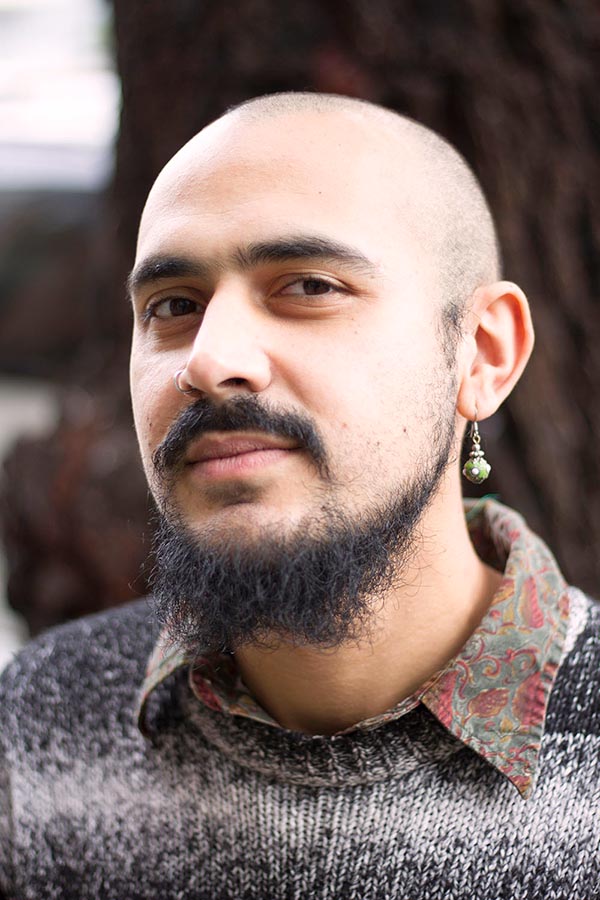
 Foto por Cristóbal Guerra Naranjo
Foto por Cristóbal Guerra Naranjo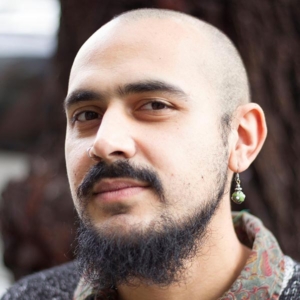
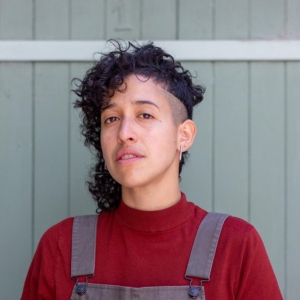
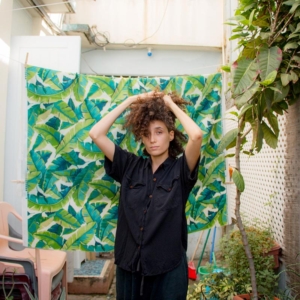
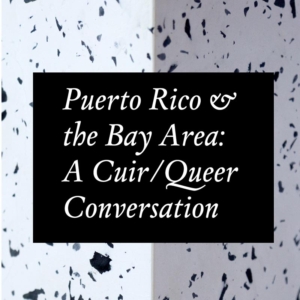
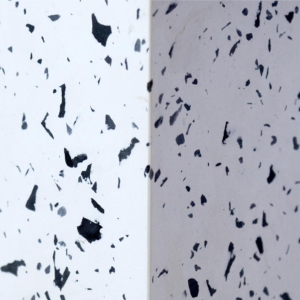

 Foto por Cristóbal Guerra Naranjo
Foto por Cristóbal Guerra Naranjo